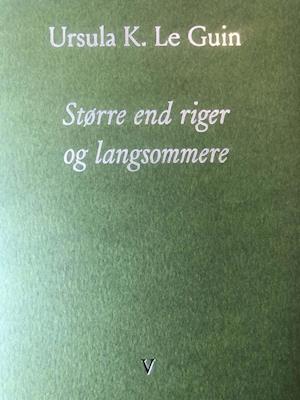What do you think?
Rate this book


57 pages, Paperback
First published February 14, 2017
'We all have forests in our minds. Forests unexplored, unending. Each of us gets lost in the forest, every night, alone.'
We all have forests in our minds. Forests unexplored, unending. Each of us gets lost in the forests, every night, alone.